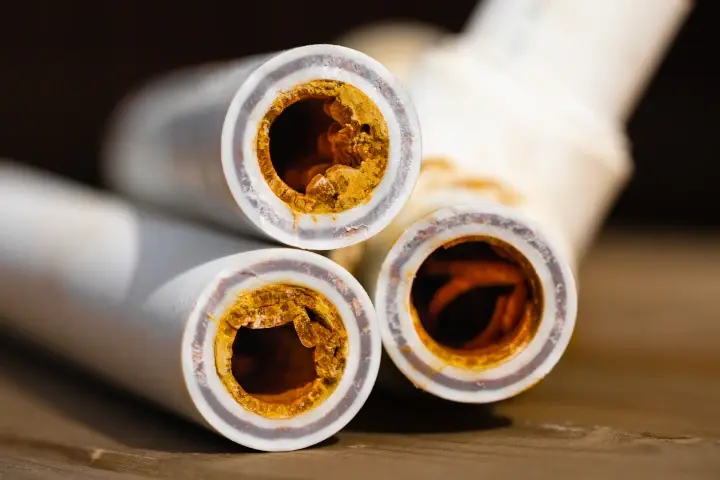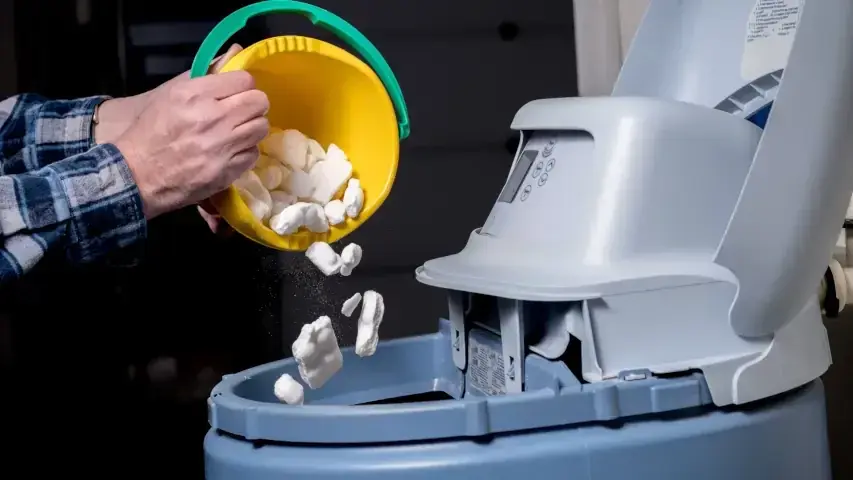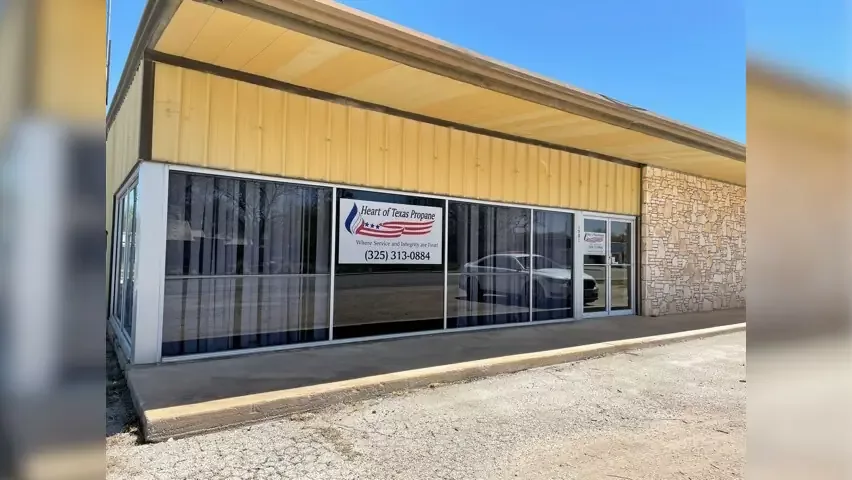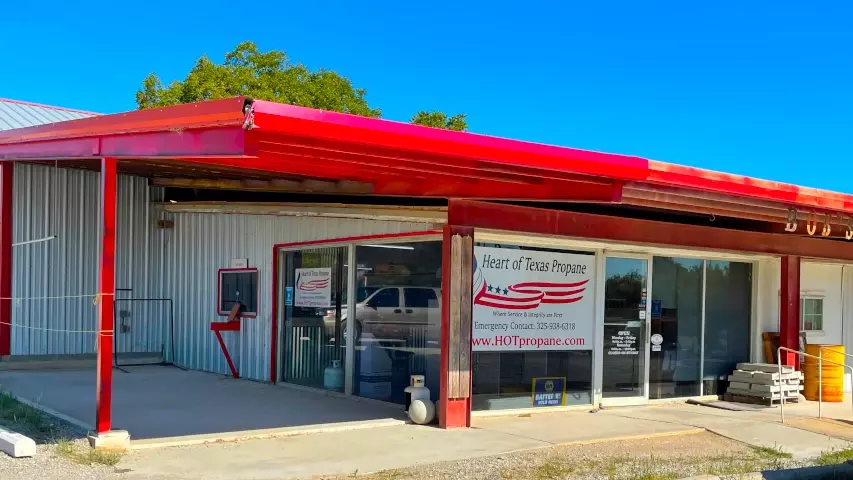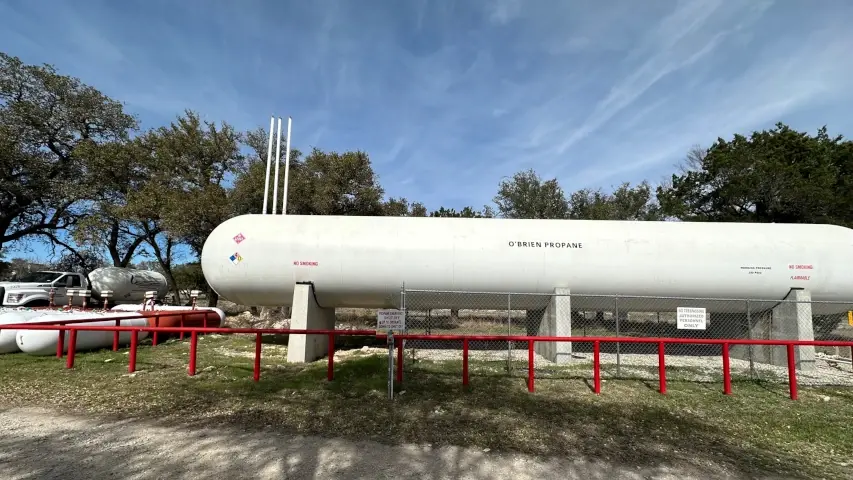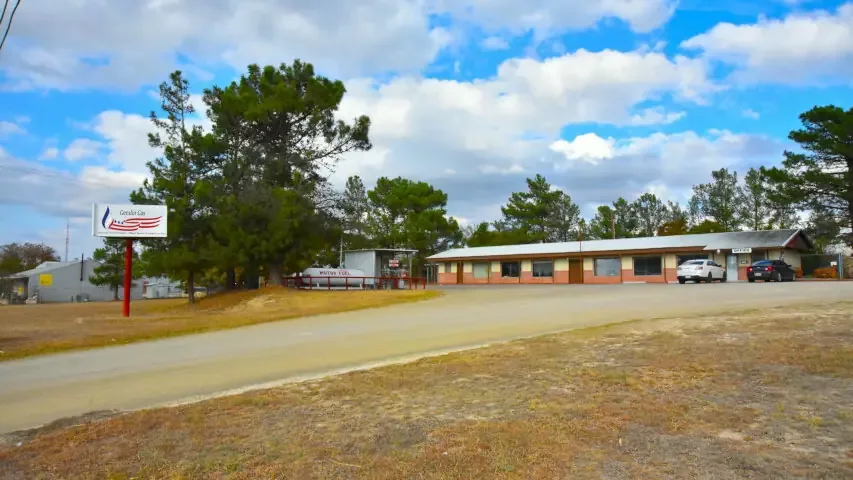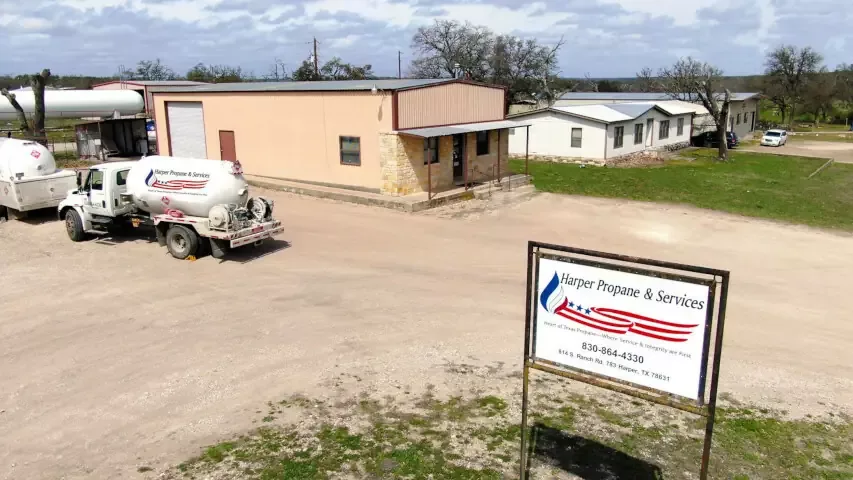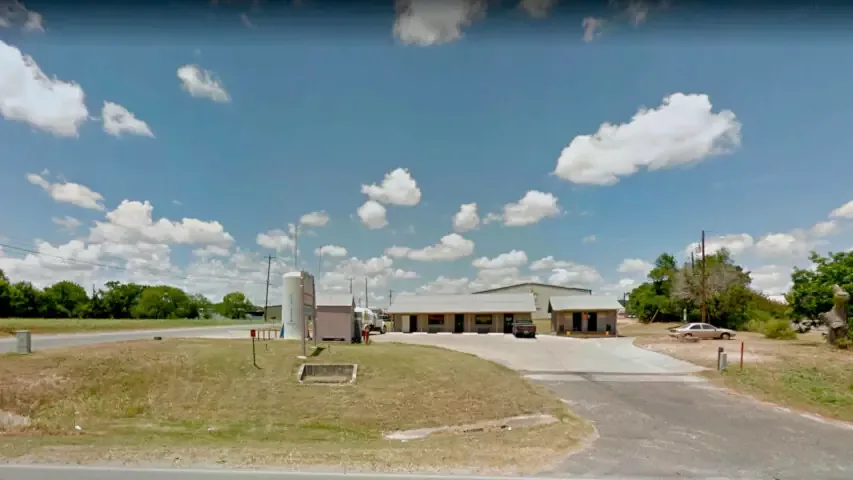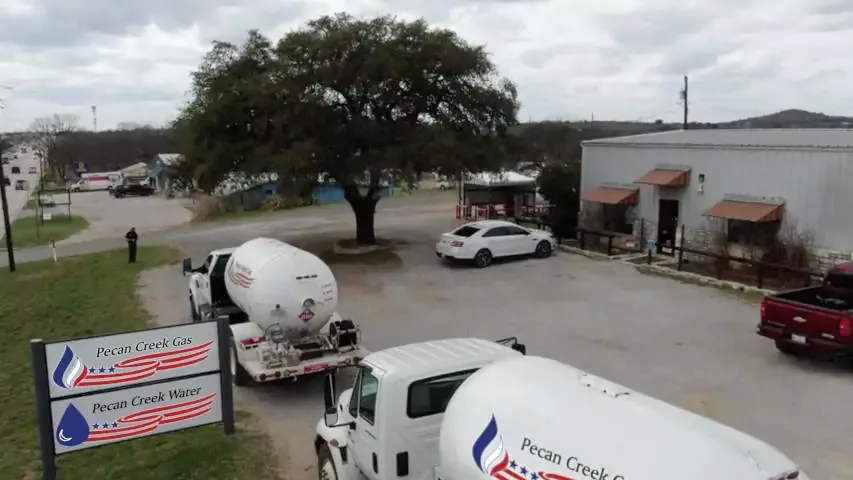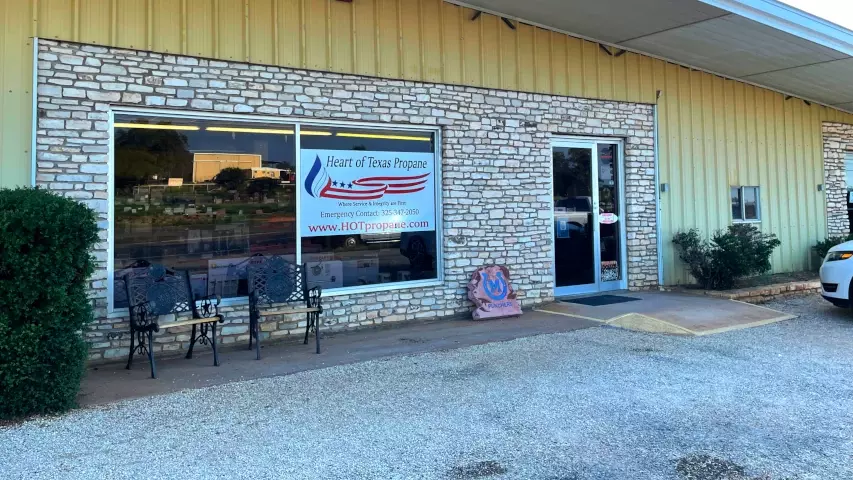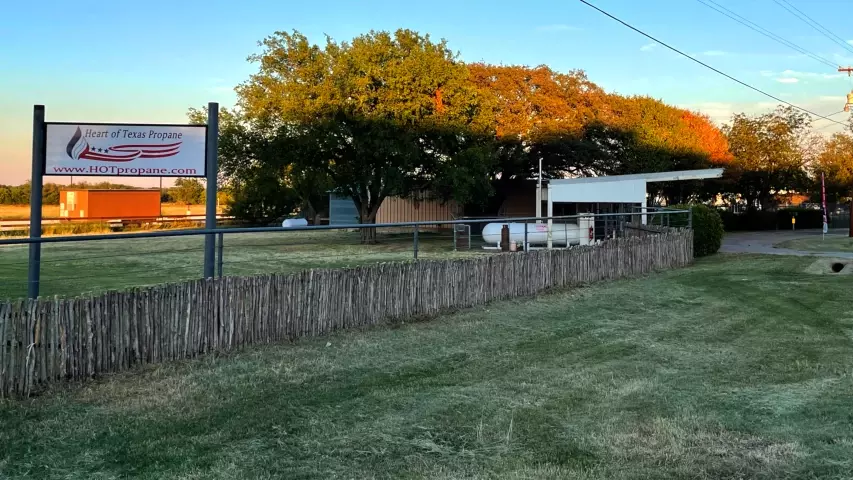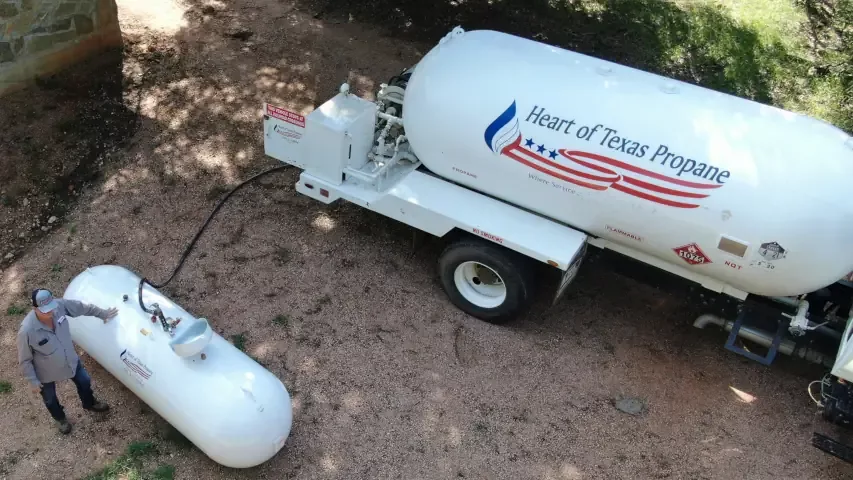Hard Water in the Hill Country
What You Can Do About It
Tired of Spots on Your Dishes and Crunchy Towels?
If you live in the Texas Hill Country, chances are you've got hard water running through your pipes. It's a common issue around here, thanks to all the limestone in our soil. That extra calcium and magnesium in the water might not hurt you, but it sure can do a number on your appliances, plumbing, and even your skin and hair.
Let’s break down what hard water really is and what you can do to make life a little easier.
What is Hard Water, Anyway?
Hard water is just water with high levels of calcium and magnesium. These minerals dissolve into groundwater as it flows through limestone and chalk deposits—which the Hill Country has plenty of.
While it's not dangerous to drink, hard water can cause all sorts of headaches like:
- Spots and streaks on dishes and glassware
- Soap scum in showers and sinks
- Stiff, crunchy laundry (hello, scratchy towels)
- Clogged pipes and reduced water flow
- Scale buildup in appliances like water heaters and coffee makers
How Can You Tell If You Have Hard Water?
Most Hill Country folks do! But if you’re not sure, here are some telltale signs:
- Soap doesn’t lather well
- White scale buildup on faucets or showerheads
- Dry skin and dull hair after bathing
- Appliances breaking down sooner than expected
If you're nodding along, it's probably time to do something about it.
Solutions for Hard Water in the Hill Country
Here are a few ways to fight back against hard water:
- Install a Water Softener - The gold standard. A water softener removes calcium and magnesium from your water using salt or potassium. It’s the best way to protect your plumbing, appliances, and keep your skin and hair feeling great.
- Consider a Salt-Free Conditioner - If you're not a fan of adding salt to your water, a salt-free conditioner (also called a descaler) can help prevent scale buildup. It doesn’t remove the minerals, but it keeps them from sticking to surfaces.
- Use Spot Treatment Filters - For smaller issues, like spots on dishes, you can use a point-of-use filter under the sink or attach one to your showerhead. Not a full solution, but it helps in targeted areas.
Final Thoughts
Hard water might be a fact of life in the Texas Hill Country, but you don’t have to live with the downsides. Whether you go for a full water softener or just tackle specific spots, taking care of hard water helps protect your home and makes everyday life more comfortable.
Stick around for Part 5 of our Texas Hill Country Water Well Series, where we’ll cover the warning signs that your well system needs professional attention.
Got Hard Water Questions?
Reach out to our team, and we’ll help you find the best solution for your home.
FAQ - Dealing with Hard Water in the Hill Country
Not really. It's safe to drink and cook with, but it can cause issues for your plumbing and appliances.
Usually every 6-8 weeks, depending on your water usage and the size of your softener. It’s good to check the brine tank regularly.
Traditional softeners do use some water during the regeneration cycle, but modern systems are much more efficient.
It's not ideal. The salt in softened water can harm plants. Use a bypass valve or keep an outdoor spigot untreated for garden use.
A softener removes calcium and magnesium; a conditioner neutralizes them so they don't stick to surfaces but leaves them in the water.
More Fuel for Thought Blog Posts
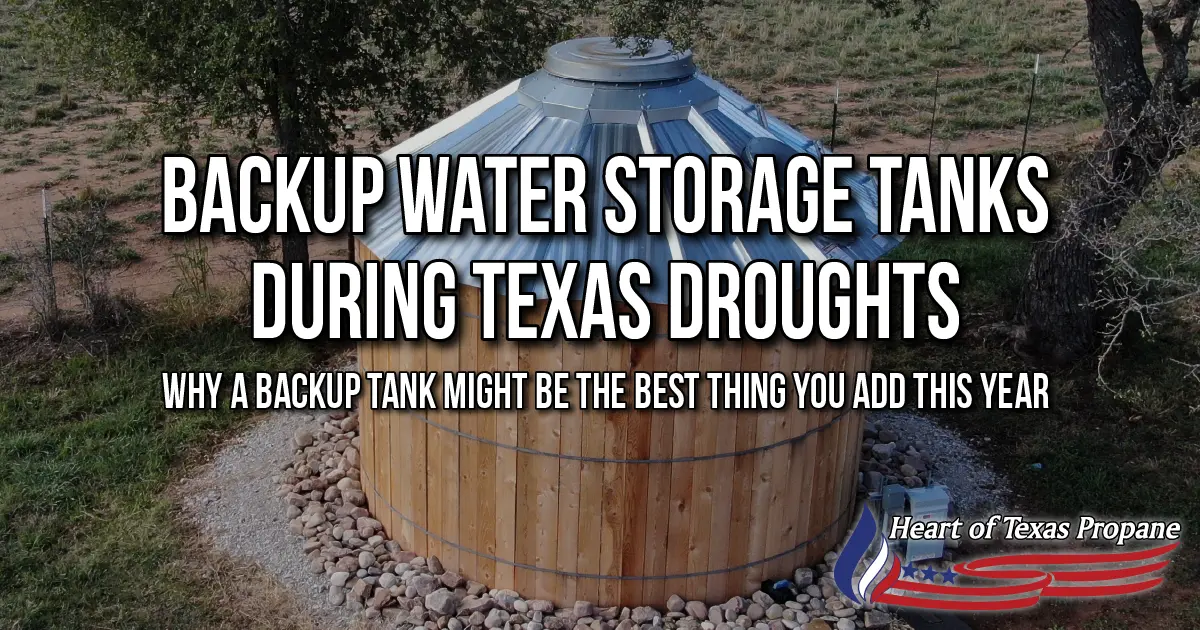
Backup Water Storage Tanks During Texas Droughts
Stay water-secure during Texas droughts. Learn how a backup water tank can protect your well system and keep your property running smoothly.
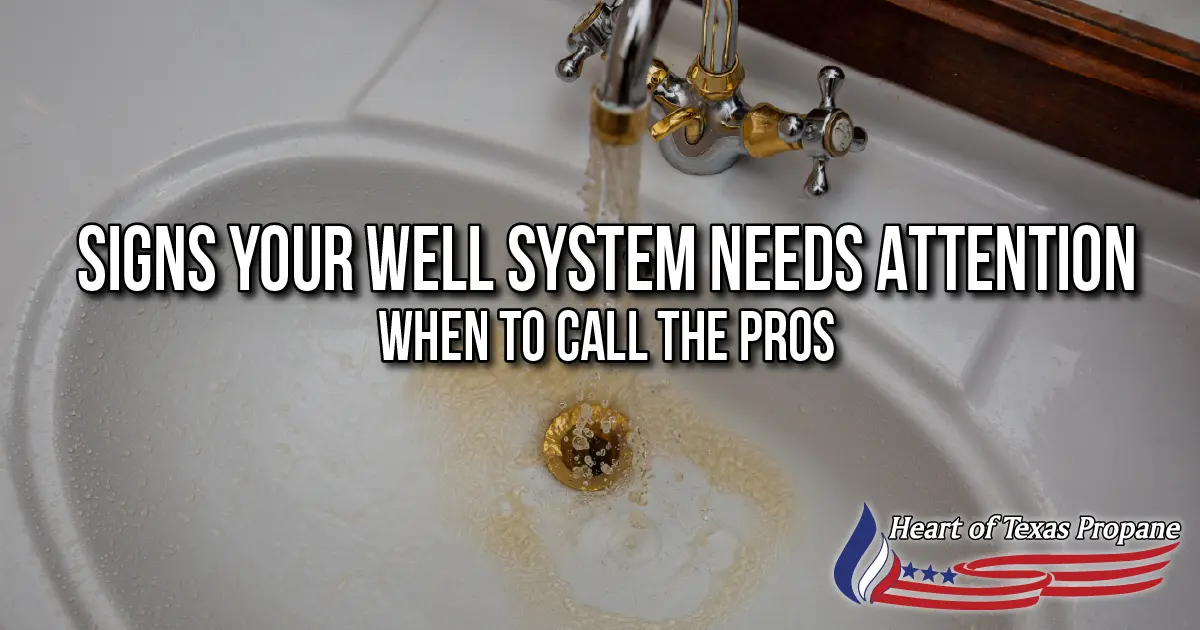
Signs Your Well System Needs Attention
Don’t get caught without water. Learn the top signs that your Texas Hill Country well system needs repairs before small problems turn big.
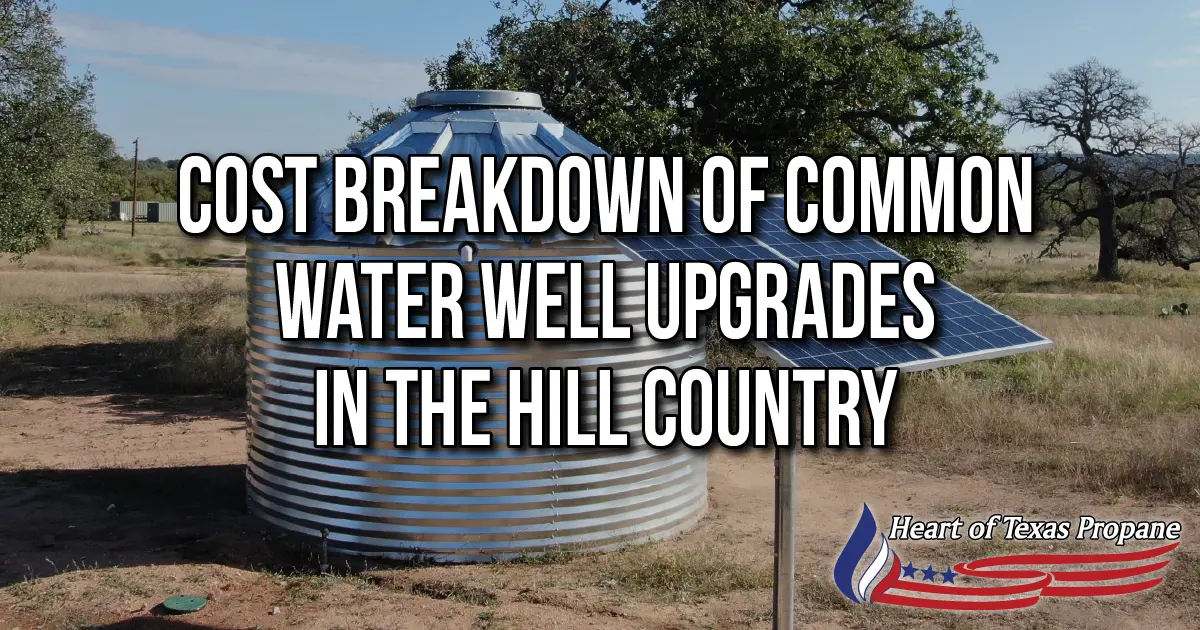
Cost Guide: Common Water Well Upgrades
Wondering how much a well upgrade costs? Get clear price ranges for pumps, storage tanks, filters, and more for Texas Hill Country homes.
